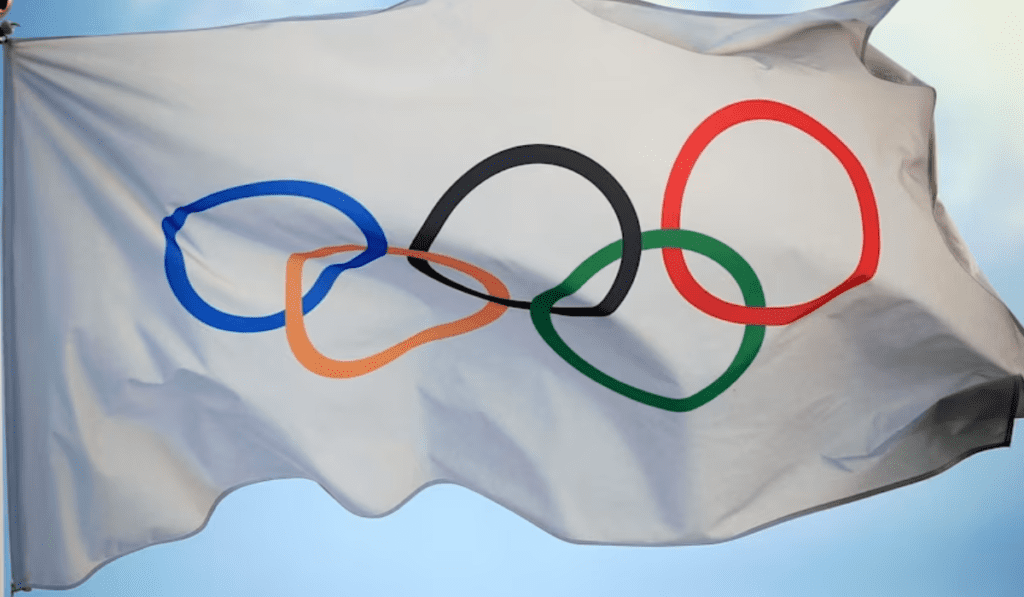The Olympics is, a prestigious international sporting event, showcase the pinnacle of athletic achievement. However, not all sports make it to the Olympic stage. Various games, while celebrated and enjoyed by millions, remain outside the Olympic spotlight. This article explores some fascinating sports that are not featured in the Olympics, highlighting their unique attributes and global following.
List of Games Not Included in the Olympics
1. Cricket
Cricket, a sport deeply embedded in the culture of countries like India, Australia, England, and South Africa, is one of the most popular games worldwide. Despite its global appeal and massive following, cricket has not been a regular feature of the Olympic Games. The sport made a brief appearance in the 1900 Paris Olympics but was subsequently dropped. The logistical challenges and the need for a longer format have been cited as reasons for its absence.
2. Squash
Squash is a fast-paced racquet sport played by millions around the world. Despite its growing popularity and a strong push from the sport’s governing bodies, squash has yet to be included in the Olympic Games. The International Squash Federation has been advocating for its inclusion, citing its global reach and competitive nature. However, the sport faces stiff competition from others vying for a spot in the Olympic program.
3. Baseball/Softball
Baseball and softball, popular in countries such as the United States, Japan, and South Korea, have had a mixed history with the Olympics. Baseball was included in the Olympic program from 1992 to 2008, while softball was featured from 1996 to 2008. Both sports were removed from the Olympics but made a return for the 2020 Tokyo Games as guest sports. Their future in the Olympics remains uncertain, as the International Olympic Committee continues to review and adjust the sports included.
4. Curling
Although curling has gained significant attention, especially after its debut in the 2002 Salt Lake City Winter Olympics, it is not a staple of the Summer Games. Curling, a sport with origins in Scotland, involves sliding stones on ice towards a target. Its inclusion in the Winter Olympics has helped raise its profile, but it remains outside the scope of the Summer Olympics.
Also Read: Vijay Kargil Diwas 2024: Commemorating India’s Triumph
5. Polo
Polo, known for its elegance and historical significance, was part of the Olympics in the 1900, 1908, 1920, and 1924 Games. However, the sport was eventually dropped, primarily due to its exclusivity and the logistical challenges of organizing polo events. Polo is still played professionally and has a significant following, particularly in countries like Argentina, the UK, and the US.
6. Lacrosse
Lacrosse, a sport with indigenous origins in North America, was featured in the Olympics in 1904 and 1908 but has not been included since. The sport, known for its fast pace and physicality, has a dedicated following, particularly in Canada and the United States. The sport’s complexity and the challenges of integrating it into the Olympic framework have contributed to its absence from the modern Games.
7. Netball
Netball, a sport predominantly popular in Commonwealth countries such as Australia, New Zealand, and the UK, has been making strides internationally. Despite its significant following and strong international federation, netball has not made it to the Olympic stage. The sport’s governing bodies continue to advocate for its inclusion, citing its competitive nature and global reach.
8. Handball (Field Handball)
Field handball, not to be confused with the indoor handball seen in the Olympics, is a team sport with roots in Europe. It was played in the 1936 Berlin Olympics but has not been included since. The sport’s variation and historical context contribute to its exclusion from the current Olympic roster.
While the Olympic Games celebrate a wide array of sports, many compelling and popular games remain outside the Olympic arena. The reasons for their exclusion vary from logistical challenges to competition with other sports. However, the passion and dedication of athletes and fans keep these sports vibrant and influential in their own right. As the Olympic movement evolves, it will be interesting to see if any of these sports find their way into future Games.











More Stories
Kedarnath Helicopter Crash: ‘हेलिकॉप्टर थोड़ा मुड़ा, पीछे की तरफ गया और फिर…’, सामने आया हादसे का असल कारण
Pune bridge collapse: Congress demands accountability, calls for questions to be asked of those in power
Kareena Kapoor, Saif Ali Khan rushed to be by Karisma Kapoor and her kids’ side at 2am after Sunjay Kapur’s death news